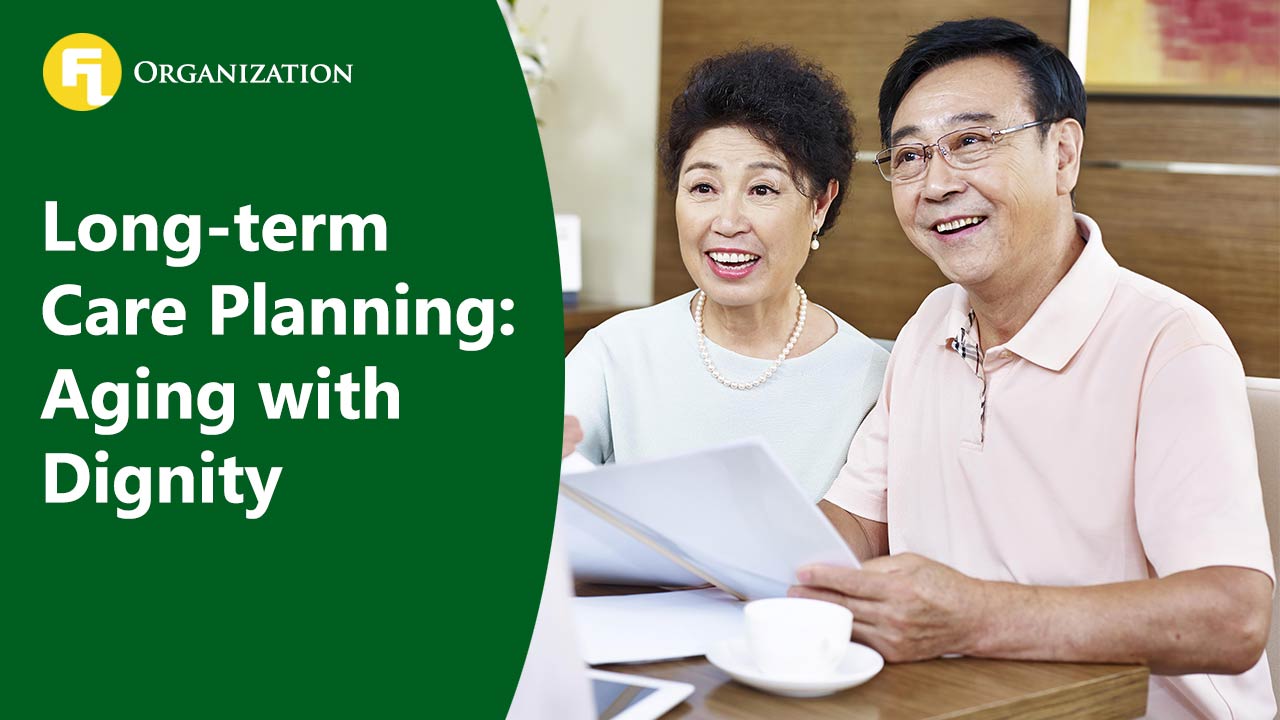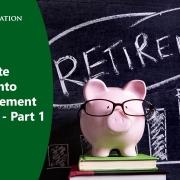
Although many people know the risks of old age, most choose not to think about it.
They believe the financial problems caused by living longer than expected may happen to other people – but not them. However do you happen to know anyone who had an elderly loved one move in with them? Ask them if they are responsible to pay for the nursing home or assisted living home expenses?
Imagine you are that elder… Would you rather be financially independent or a financial burden to others?
Seeing the relevance of these experiences to your own insurance planning while you are still healthy enough, will help protect you from outliving your finances.
Ask yourself these important questions:
- How do you see yourself aging?
- What do you worry about as you grow older?
- Where do you want to live out your senior years?
- Do you know what the government will/will not pay for?
- Have you told your family what you want if something happens to you?
- Have you made plans for your family in the event something critical or terminal happens to you?
- Where are your important documents (eg. will, power of attorney)?
- Have you given your financial planner clear instructions so he/she knows exactly what to do?
If you do not have clear answers to the questions above, it’s about time you sit down and have a discussion with a financial planner.
Educate Yourself about Risks of Old Age
An essential part of long term planning is education. Educate yourself about issues related to aging and long-term care, like Alzhemier’s disease and other chronic illnesses, so that you can make better financial decisions. Furthermore, learn about the costs of long-term facility care and home care, as well as public health schemes like MediShield Life and ElderShield so that you know what’s is covered and what isn’t.
Additional Risks Faced by Women
Women have to pay special attention to long-term care planning because on average, women live 7 years longer than their husbands, but those years are not always healthy and financially secure.
For many women, long-term care hits twice: First when they care for a loved one, and second when they need care themselves. Women tend to put others first, and inevitably become caregivers for frail parents and sick spouses. This may force them to leave the workforce for a period of time, resulting in lost wages and career opportunities. Selfless caring may also result in a personal health deterioration for the caregiver, especially if she is caring for someone suffering from dementia and other chronic conditions.
Planning for Retirement and Old Age
Everyone knows that growing old is inevitable. Therefore it is our responsibility to plan in advance, so that we remain financially independent when we retire and age with dignity. Seek advice from an experienced and reliable financial planner if you need help.










